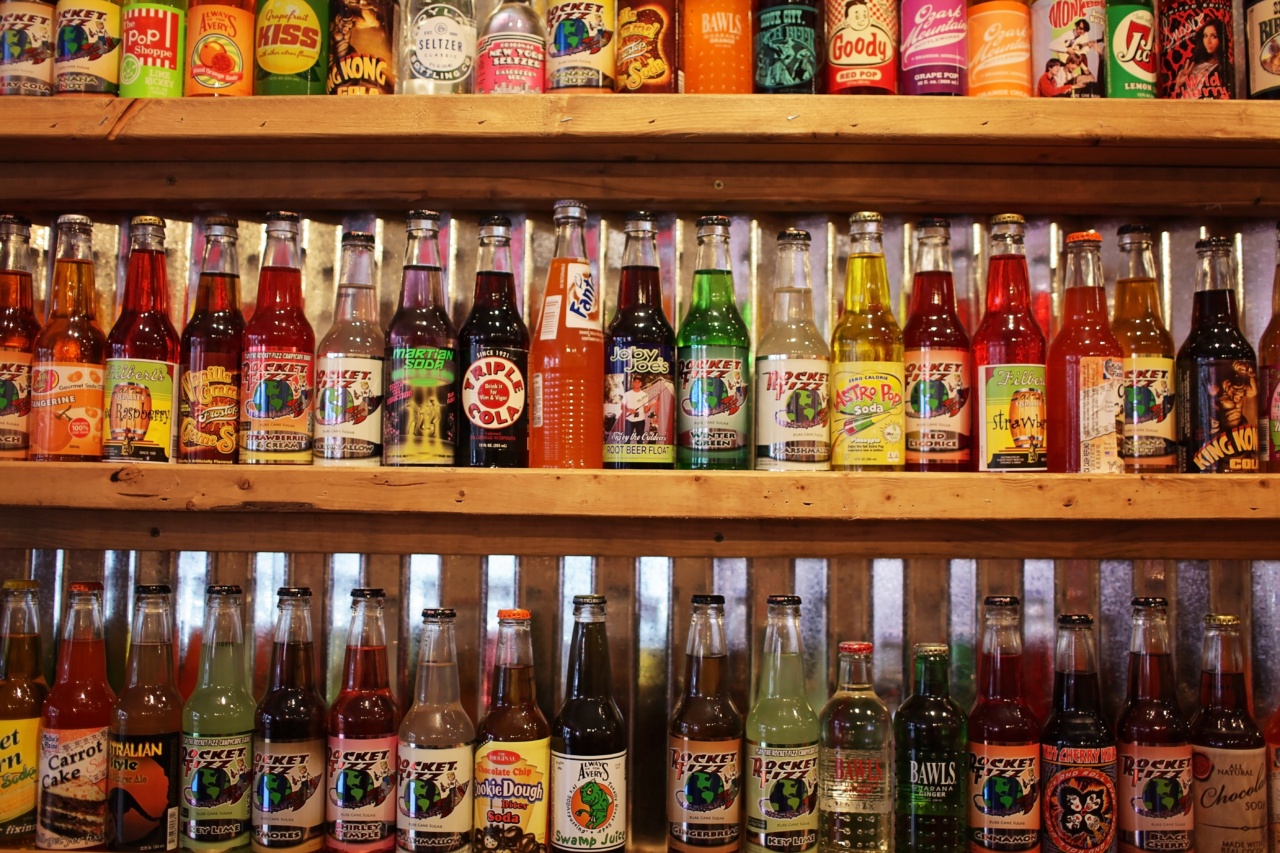Soft drinks have become a popular beverage among people of all ages, owing to their sweet taste and refreshing properties.
However, excessive consumption of soft drinks has been linked to several health conditions, including obesity, diabetes, and heart diseases. Recent studies have suggested that soft drink consumption is also associated with an increased risk of certain types of cancers. In this article, we will explore the link between excessive soft drink consumption and cancer.
What Are Soft Drinks?
Soft drinks refer to carbonated beverages that are typically consumed for their sweet taste and thirst-quenching properties.
They are available in a wide range of flavors, including cola, lemon-lime, orange, and grape, and are often marketed through aggressive advertising campaigns. Although soft drinks are widely consumed, they are known to be high in sugar, calories, and artificial additives, making them a frequent target of health experts and nutritionists.
How Are Soft Drinks Linked to Cancer?
Excessive consumption of soft drinks has been linked to an increased risk of certain types of cancers.
The exact mechanism by which soft drinks increase the risk of cancer is not yet fully understood, but there are several hypotheses as to why this may be the case. One hypothesis is that the high sugar content of soft drinks promotes the growth of cancer cells.
Another theory is that the artificial additives and preservatives added to soft drinks may have carcinogenic properties, which can increase the risk of cancer over time.
Types of Cancers Linked to Soft Drink Consumption
Studies have shown that excessive consumption of soft drinks is associated with an increased risk of certain types of cancers, including:.
- Colon Cancer
- Stomach Cancer
- Pancreatic Cancer
- Breast Cancer
- Lung Cancer
These cancers are among the most common types of cancer worldwide and can be difficult to treat, making prevention strategies all the more important.
How Much Soft Drink Consumption is Safe?
There is no clear guideline on how much soft drink consumption is safe, as it depends on several factors such as age, weight, and overall general health.
However, several health organizations and medical experts recommend limiting soft drink consumption to one or two servings per day, or ideally, avoiding them altogether.
Alternative Beverages to Soft Drinks
If you are looking to reduce your soft drink consumption, there are several alternatives that you can try as an alternative. These include:.
- Water: The best alternative to soft drinks is plain water. Water contains no calories or sugar and is essential for our overall health and well-being.
- Herbal Tea: Herbal teas are a great way to hydrate your body without consuming excessive amounts of sugar or caffeine. They also contain several health benefits and can be found in a wide range of flavors.
- Natural Juices: Natural juices are a great way to get a dose of vitamins and minerals while still enjoying a sweet and refreshing drink. However, you should be careful to choose juices with no added sugars or preservatives.
- Coconut Water: Coconut water is a great alternative to soft drinks, as it is a natural source of electrolytes and contains no artificial additives or preservatives. Plus, it has a sweet and refreshing taste that is similar to soft drinks.
Conclusion
Excessive consumption of soft drinks has been linked to an increased risk of certain types of cancers. To reduce your risk of cancer, it is recommended to limit your soft drink consumption or avoid them altogether.
Alternative beverages like water, herbal tea, natural juices, and coconut water are healthier options and can be just as refreshing as soft drinks.





























